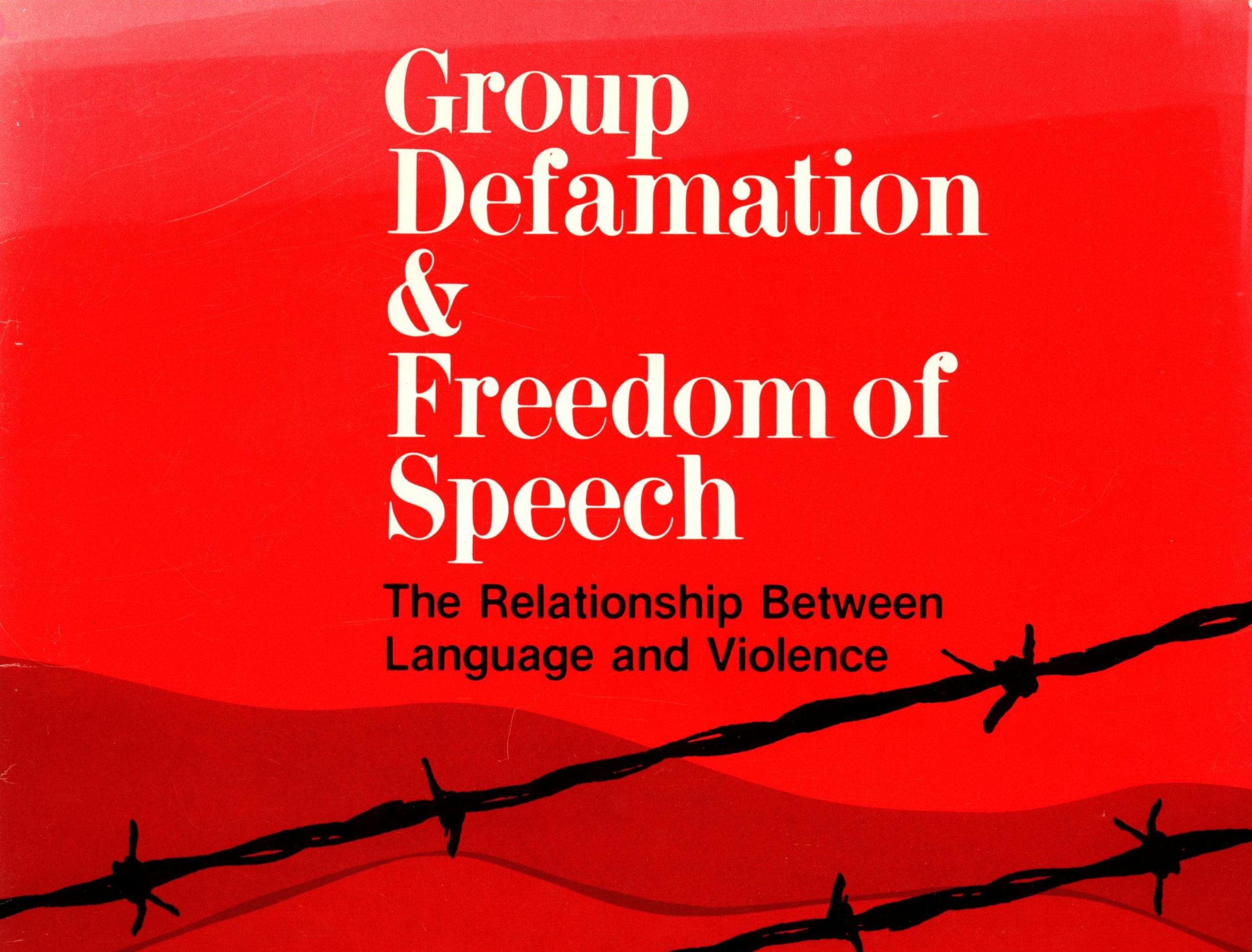Director's Message
Few if any countries are free of hatred and oppression directed towards one or more minority groups. The United States is no exception. Twenty years ago, the National Advisory Commission on Civil Disorders issued its Report to the President of the United States. The Commission con cluded that our country was moving toward "two societies, separate and unequal. " The New York Times columnist Tom Wicker wrote at the time that the Report presented a pic ture of "one nation divided ." Recently, Mr. Wicker had occasion to observe that we are today "a community still deeply divided on racial lines-blacks and whites in fear of one another, judging each other with hatred and contempt.
Racism is not a new phenomenon in the United States, nor have Blacks been the only victims. The Constitution itself protected the institution of slavery. American Indians have suffered genocide. Asian-Americans have frequently been the object of oppression, including the internment of Japanese-Americans during World War II . Discrimination against other ethnic and religious minorities has been per vasive in our society and has reached the point of mob attacks, lynchings, and other violence throughout our his tory. Women, too, have been the victims of various forms of oppression, including violence.
Ironically , the announcement of this conference has resulted in mailings of hate literature to Hofstra University, most of it antisemitic and some of it directed against Catholics and Blacks.
A particular speech or series of speeches attacking a minority group may not present a clear and present danger of violence. We know intuitively, however , that group defamation can create a social climate that is receptive to and encourages hatred and oppression. If a minority group can be made to appear less than human, deserving of punishment , or a threat to the general community, oppression of that minority is a likely consequence.
We know also that language itself can hurt, that there are words that, by their very utterance , inflict injury. Language can demean one's sense of dignity . Language can induce insecurity and fear. Language can cause palpable physical reactions. When the message is violent, language can itself be violence.
Nevertheless , the criminalization of group defamation raises serious questions of both policy and constitutionality. Along with the Equal Protection Clause , the greatest safeguard of minority rights in this country is the First Amendment 's guarantee of freedom of speech and of association-an essential limitation of the power of the majority to impose its will upon any minority. The criminalization of group defamation means the delegation of power ro agents of the state to determine which ideas are to be punished as hateful. Thus, the paradox that is the subject of this conference: If we restrain freedom of speech and association in order to protect minorities from group defamation , we could do incalculable harm to minority rights of speech and association.
This conference is not expected to produce ready solutions to the problem of group defamation and freedom of speech. However , this extraordinary international assem blage of scholars from the humanities, psychology, sociol ogy , history, linguistics , and the law is certain to deepen our understanding of this critical problem and to provide important insights into how we should seek to resolve it .
Monroe H . Freedman Conference Director
Start Date
20-4-1988 8:00 AM
Director's Message


